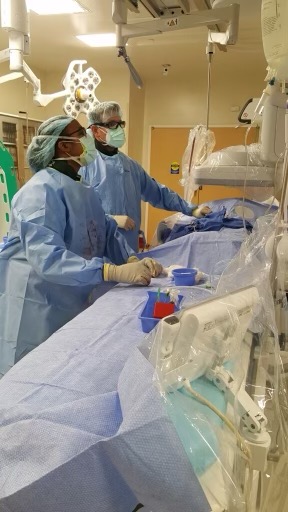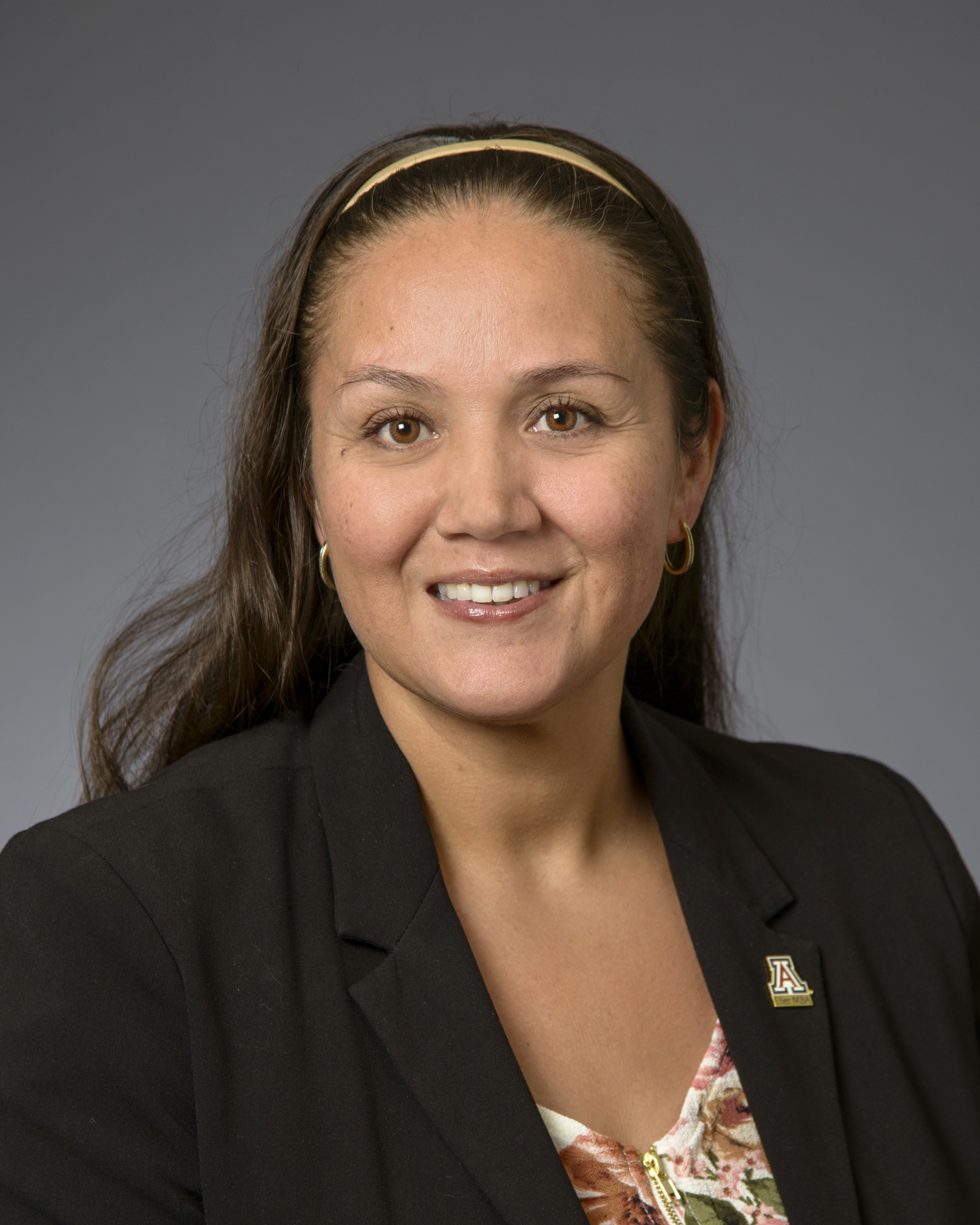The Interventional Radiology-Independent Residency Training Program (IR-Independent Residency) is a 2-year ACGME-accredited residency program which begins after successful completion of a 4-year diagnostic radiology residency training. The IR-Independent Residency program is a clinical program accepted by the ABMS, ABR and the ACGME. It includes expanded procedural and peri-procedural care beyond the traditional experience gained in DR residency. The IR-Independent Residency requires clinical care rotations, including an outpatient clinic experience and an inpatient rounding and consult service. The program provides the foundation for careers in Interventional Radiology, resulting in dual certification (IR and DR) and prepares the trainee for success in the Certificate of Added Qualification examination in Interventional Radiology.
program is a clinical program accepted by the ABMS, ABR and the ACGME. It includes expanded procedural and peri-procedural care beyond the traditional experience gained in DR residency. The IR-Independent Residency requires clinical care rotations, including an outpatient clinic experience and an inpatient rounding and consult service. The program provides the foundation for careers in Interventional Radiology, resulting in dual certification (IR and DR) and prepares the trainee for success in the Certificate of Added Qualification examination in Interventional Radiology.
Gregory Woodhead, MD, PhD, Program Director and Jack Hannallah, MD, MPH, MBA, Associate Program Director, oversee the IR-Independent Residency Program.
The IR-Independent Residency includes mandatory ICU rotations during the first year of residency and IR-related non-invasive vascular imaging experience, including advanced CTA/MRA imaging protocols. Training includes supervised performance of imaging-guided diagnostic and interventional procedures for the treatment of a variety of disorders, enhancement of trainee’s knowledge of the signs and symptoms of disorders amenable to diagnosis and/or treatment by minimally invasive techniques, review of the fundamentals of radiation physics, radiation biology, and radiation protection, and includes the full clinical spectrum of vascular and interventional radiology (both vascular and non-vascular interventions). Training is accomplished by a gradual assumption of increasing responsibility under the close supervision of physician faculty members. Residents are evaluated each quarter and provided with information regarding their educational progress throughout their training, including biannual meetings with the training director. Resident research projects are required and research time is available as an elective. The Residency Program reflects the goals of the academic and clinical programs by providing the residents with opportunities to learn and participate in diagnostic imaging and minimally invasive image-guided procedures, as well as research. Learn more about research opportunities in the Department of Medical Imaging.
The IR-Independent Residency Program provides training for a combination of ESIR-trained and non-ESIR trained residents. The Program has the option to accept one or both categories of residents. For admission into the second and final year of the IR-Independent Residency, candidates will have successfully completed an Early Specialization in Interventional Radiology (ESIR) program from an ACGME-accredited program.
Application Process
The IR Independent Residency Program participates in the National Residency Matching Program (NRMP). All applications are processed through the Electronic Residency Application Service (ERAS).
Currently open: one position for NRMP match.
Complete applications through ERAS. Only completed applications will be reviewed by the IR Independent Residency Selection Committee in the Department of Medical Imaging at the University of Arizona.
Selected candidates will be contacted for interviews via email.
Our resident candidates must have passed Part I and Part 2 of the National Boards. Our program requires
- ERAS application
- Dean’s Letter*
- 3 current letters of recommendation
- School transcripts
- Pass on USMLE Step 1 and USMLE Step 2 with a minimum score of 250
- Personal statement
- ECFMG certificate (for IMG)
*The Dean’s letter must document satisfactory academic and clinical performance.
Applicants who are invited to interview at our program will meet with the Program Directors, and other faculty members on the IR Independent Residency Selection Committee. The program does not discriminate on the basis of gender, race, age, or any other discriminatory factors. Our Diversity Equity and Inclusion committee proudly collaborates with the College of Medicine - Tucson Office of Diversity, Equity and Inclusion.
More Information

Ina Rios
Program Coordinator, Senior
Department of Medical Imaging
(520) 626 - 1640


